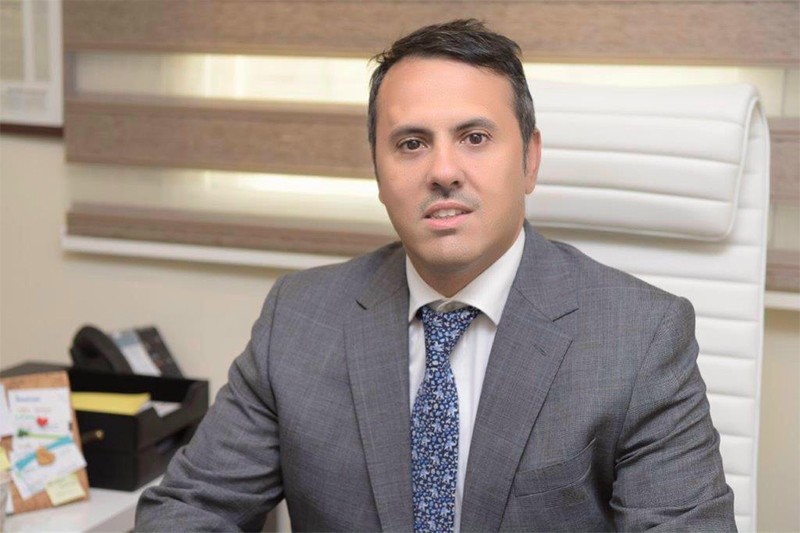13/12/2020
13/12/2020
KUWAIT CITY, Dec 13: The head of the Urology Unit at the Jaber Armed Forces Hospital, Dr. Muhammad Al-Ghanim, advised men over the age of fifty to conduct comprehensive analyzes to detect enlarged prostate in order to avoid complications, stressing that prostate diseases are widespread in Kuwait.

Al-Ghanim said the common prostate diseases among men in Kuwait are divided into two types, the first among young men from 20 to 40 years old, and in the form of prostatitis -- prostatitis is a disease of the prostate that results in pain in the groin, painful urination, difficulty urinating and other symptoms -- and the second type, which is the most common, among those over 50 years old, which is an enlargement in the prostate.
He added that the complications of enlarged prostate are divided into urinary symptoms, infections and pain during urination, pointing out that urinary symptoms, including poor urine flow, cutting and frequent urine, with the possibility of urinary retention, and the risk of this condition is weakness of the bladder muscle, which leads to permanent retention, and cause bladder stones which leads to urinary failure, and some patients develop kidney failure, due to urine retention.
As for the method of treating the prostate, Al-Ghanim mentioned that it is either conservative, medicinal or surgical treatment, and this is done through the assessment of the treating physician and the degree of disease, after diagnosing the patient and knowing his medical history, the doctor requests an ultrasound of the urinary bladder of the prostate to find out its size and then request the patient to make a kidney and urine function analysis, to make sure that there are no infections in the urine.
If the symptoms are mild, we advise the patient not to drink more water one to two hours before bedtime, with regular follow- up with the specialist doctor. If the symptoms are moderate, the patient is given medications that help relax the bladder muscle to pass the urine smoothly or is given drugs that help reduce the size of the prostate if its size is more than 50 grams.
In some cases in which the patient does not respond to medication and if he suffers from stones in the urinary bladder with frequent infections of the urine, we advise him to undergo laparoscopic surgery -- laparoscopic surgery is a surgical technique in which short, narrow tubes (trochars) are inserted into the abdomen through small (less than one centimeter) incisions -- to curl the prostate, and then place a catheter for a period of 3 to 4 days, or a laser curettage of the prostate.
By Marwa Al-Bahrawi Al-Seyassah Staff


